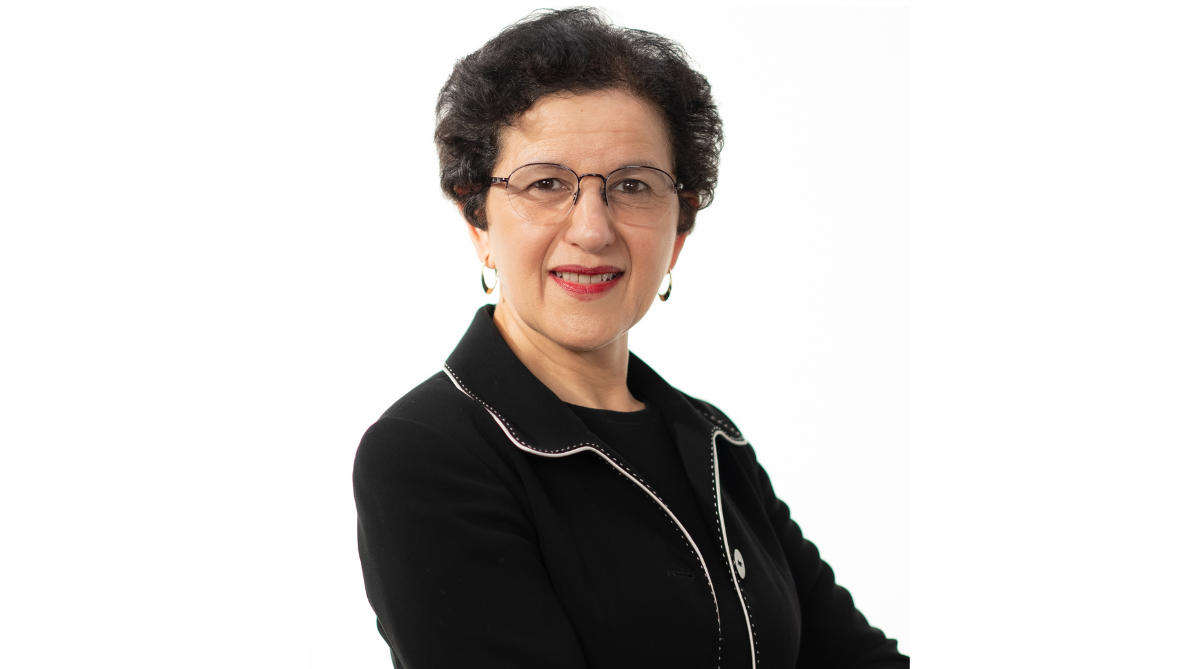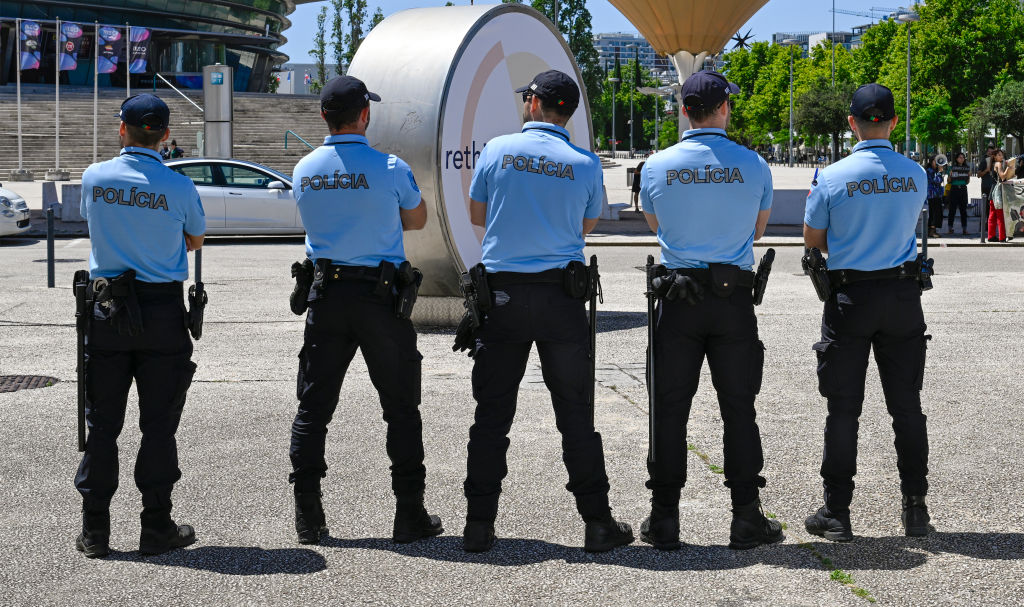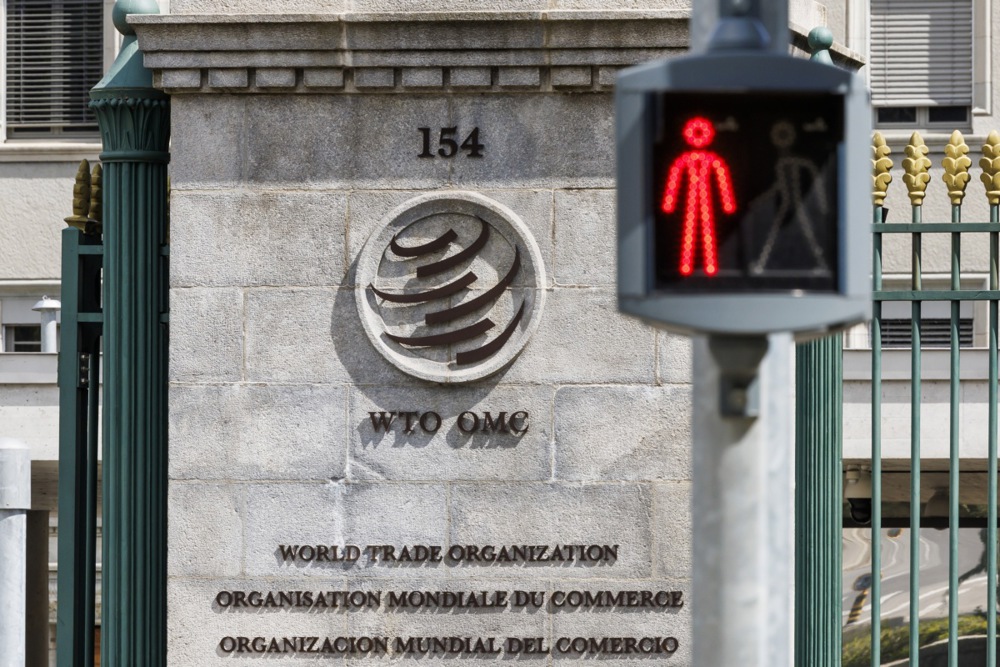New figures released by Eurostat have shown that most non-European Union citizens ordered to leave the bloc have not done so.
The data published on September 30 also revealed a system under strain. Despite a surge in expulsion orders, only a fraction of those told to leave have returned to a third country.
According to Eurostat, in the second quarter of 2024, of the more than 90,000 people instructed to leave the EU, just 25,285 returned to a third country.
The data service suggested this gap between orders and returns cast doubt on the EU and its member states’ ability to enforce their own immigration policies.
At a national level, France led the pack, issuing more than 31,195 expulsion orders in the last quarter, yet fewer than 5,000 people actually left. Germany followed with 12,885 instructions to leave but its rate of returns also fell short.
In contrast, smaller countries such as Lithuania and Finland posted more balanced figures, with a higher proportion of returns relative to orders issued.
The data also underscored the fact that while expulsion orders have remained consistently high, hovering between 90,000 to around 120,000 per quarter, the number of successful returns has stagnated, with little change over the past two years.
For many, this disconnect has highlighted a broader crisis facing the EU as member states grapple with increasing numbers of asylum seekers and migrants, straining existing policies and infrastructure.
The common EU rules on the return of foreign nationals who have entered or reside within the bloc irregularly is a complex procedure.
After a return order is made, individuals are offered counselling, and those choosing voluntary return enter the assisted voluntary return and reintegration (AVRR) programme, receiving support such as vocational training and schooling. Pre-departure and post-arrival assistance is designed to help with reintegration, focusing on job market participation for an individual that does leave the EU.
For those who resist or disagree with the decision, forced deportation is supposed to be implemented, without access to the same support measures provided to voluntary returnees.
Amid rising immigration, several European leaders have called for tougher policies.
Swedish MEP Beatrice Timgren, for instance, urged the EU to take inspiration from Sweden’s approach, which also emphasises addressing the issue of “migrants unwilling to integrate” as well as those residing illegally in the country.
“We need to make it easier to send people back,” Timgren told Brussels Signal.
She pointed out that in parts of Sweden and Brussels, some immigrant communities have maintained distinct identities and cultural practices, which, she argued, clashed with European values, particularly regarding women’s rights.
“This can create societal problems because we think differently,” she added.
Bruno Retailleau, the new French government’s interior minister, has said he wants a revision of the country’s constitution and a referendum on migration. https://t.co/owRXDt8WB4
— Brussels Signal (@brusselssignal) October 1, 2024





